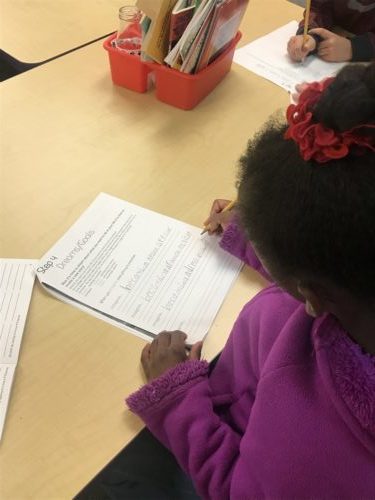
Blog
How Emotional Freedom Technique (EFT) Helps with Anxiety and Depression
In the hustle and bustle of modern life, it’s no surprise that many of us struggle with feelings of anxiety and depression. These emotional challenges

In the hustle and bustle of modern life, it’s no surprise that many of us struggle with feelings of anxiety and depression. These emotional challenges

The use of artificial intelligence (AI) is becoming increasingly widespread throughout the education system, but there are mixed attitudes about whether or not it’s actually

When teachers, counselors, admin, etc. use new curriculum/ideas in their school and classrooms, they like to know what they are using is backed by credible




Join our community to get the latest tips, exclusive offers, and updates straight to your inbox. Don’t miss out—subscribe now and be the first to know!